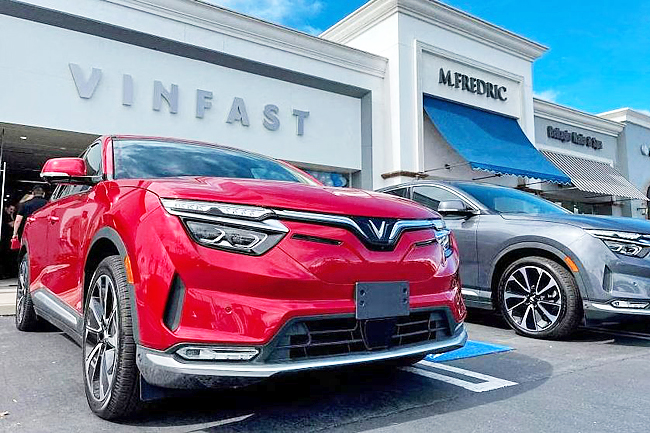ANN/THE STRAITS TIMES – Conglomerates in Southeast Asia have been significantly lagging pure plays over the past decade, with those in mature markets such as Singapore, Malaysia and Thailand being the first and fastest to suffer from value erosion.
In a report released on Thursday, Bain & Company noted that the conglomerate premium erosion was most evident in these markets, confirming a correlation between market maturity and conglomerate performance.
The greater erosion in mature markets was further compounded by lower-growth environments and market volatility in recent years, it added.
A conglomerate premium is a measure of the company’s value by combining the intrinsic value of its divisions and subsidiaries together with its parent company’s market capitalisation.
For the first time since Bain, a global management consulting firm, began tracking conglomerates’ performance in 2003, the company noted that pure plays significantly outperformed their conglomerate counterparts in Southeast Asia.
This comes as conglomerates’ average annualised total shareholder returns (TSRs) dropped 24 percentage points over 2013 to 2022 to four per cent, compared with Bain’s previous analysis period from 2003 to 2012. In comparison, pure plays’ TSR was 11 per cent – just nine percentage points lower than the 2003-2012 period.
“Over the decades, conglomerates’ performance weakened and they lost their edge,” said Bain, as it highlighted a widening performance gap between the two.

“The long-term trend was accelerated by macroeconomic slowdowns across Southeast Asia’s economies, followed more recently by the COVID-19-induced crisis.”
The company noted that while many conglomerates in the region did not have the “right combinations of speed, agility and efficiency” to thrive through the COVID-19 crisis, some consistently outperformed their peers to achieve top-quartile TSR growth across all economic cycles over the last 20 years, including this period.
Termed “all-weather stars”, seven of such conglomerates achieved this status due to their businesses in essential sectors, such as healthcare and technology, noted Bain. VinGroup in Vietnam, Phinma Corp in the Philippines and Emtek in Indonesia were among those that rose into the top quartile of TSR performance during the pandemic.
Based on Bain’s observations, both tenured all-weather stars and newcomers defied the odds by increasing revenue, defending margins and expanding multiples to create value amid lower-growth environments.
The company highlighted technology as one way to help lower costs and increase value even amid challenging circumstances.
“The top conglomerates invest heavily in technology – and have for years. They’ve become experts at using data analytics and automation to maximise top- and bottom-line productivity.”
It also recommended that conglomerates optimise their capital structures to reduce the conglomerate discount.
Listed holding companies with fully owned subsidiaries are a distinct structure for conglomerates likely to dominate the market, said Bain, as are privately owned holding companies with their subsidiaries either partially listed, or fully privately owned.
“As the leaders demonstrated, decisive moves pay off. Invest in technology. Get lean. Restructure. There’s more than one way to create value over the next decade – but there’s no time to waste.”


